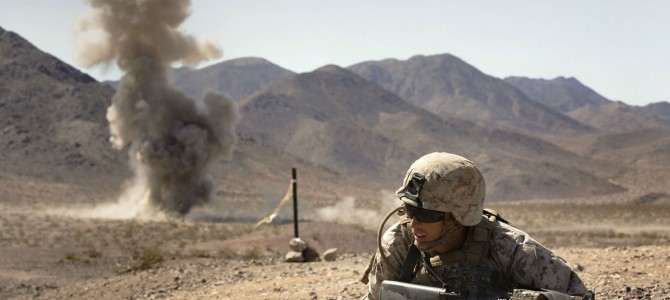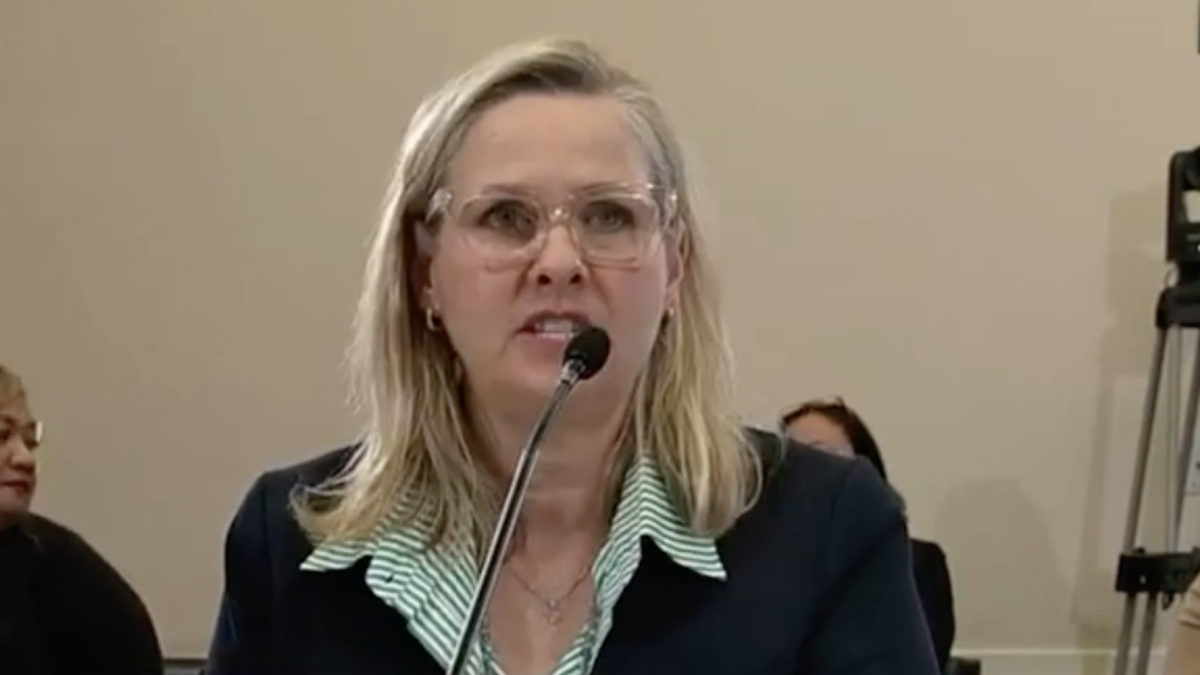
Last week, Iraq formally agreed to coordinate with Iran, Syria, and Russia to fight ISIS. This comes just weeks after Russia announced it is deploying military aid to Bashar al-Assad in the form of fighter aircraft. U.S. officials were evidently surprised by the announcement. To add to the embarrassment, the Iraq agreement came during the United Nations (UN) summit at which President Obama and Vladimir Putin were to formally meet for the first time in more than two years.
Our influence in the Middle East is receding, and others are taking our place. American officials should not be, or should not feign to be, shocked or surprised. After all, this is precisely what President Obama has always wanted.
America, the Horrible
Obama has always advocated for America to step back from the international stage and allow others to play a more prominent role. At the time of his election, the country was weary from the wars in Iraq and Afghanistan and open to a strategy that would allow others to police the unstable regions of the world.
But Obama was not merely reacting to the post-9/11 wars. The idea that America should “lead from behind” has been part of the Left’s ideology of post-colonial injustice for decades. Obama learned this from his years in academia.
In the academic canon, America is the great evildoer. We foist democracy on poor, unsuspecting countries, plundering as we go, and impose capitalism, which, according to the Left, does not raise people out of poverty but subjects them to the cruelty of corporations and the greed of consumerism. For these ideological reasons, America ought to back away and allow other countries to step forward, under the vague presumption that their motives and outcomes will be better than ours.
So, what has “leading from behind” looked like in the Middle East? Obama dramatically withdrew our troops from Iraq when stabilization there was just becoming a reality. We have given insufficient assistance to the Iraqi government in the fight against ISIS, offering them limited ground support and ineffectual air support that has done little to “degrade and destroy” ISIS.
Meanwhile, we have allowed our primary ally in the region, the Kurds, to be bombed by Turkey without consequence, while Assad continues to use chemical weapons against his opponents in Syria, despite the much-lauded treaty Obama’s administration wags about. Now, the Taliban has seized control of Kunduz, a city in northern Afghanistan—its first major territorial win in more than 14 years—while we have plans to withdraw our troops by 2016.
If We Believe Hard Enough, War Won’t Happen
The Iraqis have grown tired of being let down by the United States. They are wary of us, with good cause. Without the United States as a reliable and consistent partner, they are turning to others for aid and cooperation. What’s more, America is no longer deemed important enough by other major world powers to consult with on a shift in strategy to confront the biggest crisis in the Middle East since the dissolution of the Ottoman Empire in 1922.
We have been caught unawares as three powers with dubious backgrounds take charge of the most unstable region in the world. Russia, a country with a terrible record of suppressing political dissent and assassinating opposition journalists, has explicitly declared its desire to return to its Cold War-era status. Iran, a country that openly calls for the destruction of Israel, is a known sponsor of international terrorism groups, most notably Hezbollah. Syria, under the control of the Assad regime, uses chemical weapons on its citizens, even after signing a “treaty” with the international community.
This shift in power dynamics is dangerous. Bret Stephens has pointed out that, although many countries agreed after World War II that war is to be avoided at all costs, we ought not assume that all countries reject it as a viable option. Yet this is the very assumption Obama has made when it comes both to Russia and to Iran. He has argued that the Iranians have no motivation to break the Iran nuclear deal because they want to avoid economic sanctions, and he has refused to take seriously Russia’s looming presence in Ukraine. He has even cast doubt on the seriousness of the religious convictions of the members of ISIS.
Russia’s reassertion in the Middle East is of a piece with its actions on the European continent. They desire to matter again, to be a major world power. Despite this, Obama seems to be either unaware, or unconcerned, with Russia staking out a place in the Middle East, much less its encroachment on the former members of the USSR. Russia has made clear that it wants to keep Assad in power, a policy the United States opposes. Obama and Putin clashed over this at the UN last week. But was this confrontation not foreseen? Did Obama not see this would be a consequence of stepping back in the region?
Neglect Breeds Chaos
Many of us cringe when we hear news of our increasing irrelevance on the international stage, not only because of what it portends for world stability, but also because a pang comes with knowing that our country, flawed though it is, is being scoffed at abroad. After Assad crossed Obama’s “red line” on the use of chemical weapons in Syria without consequence, after ISIS filled the vacuum we left in Iraq, and after we signed a nuclear deal that made dangerous concessions to the Ayatollah in Iran, America seems and feels impotent.
American opinion on our position in the world has remained steady over the course of Obama’s presidency, despite the damage he has done to our reputation and effectiveness internationally. Although this seems to indicate the public does not disapprove of his policies, public opinion was already very low coming out of the Bush years. Obama’s approach has done nothing to improve this.
Regardless of opinion on the level of policing that America ought to do abroad, we cannot afford to ignore the danger that our neglect breeds. Eventually the chaos will touch us at home. Before ceding our leadership role, we ought to have considered how our presence on the international scene has affected its stability, and what are the implications of putting alternative powers in place. Not doing so is beyond irresponsible.
If the announcement of the formal cooperation of Syria, Iran, Russia, and Iraq was a surprise to the U.S. government, then we should all be very worried that our country’s leadership is so out of touch.
The other possibility, the one that is perhaps more unsettling, is that this was not a surprise at all. That many in the Obama administration have foreseen and desired this for some time: others stand up so we can sit down, regardless of the consequences. The goal is to achieve a sort of global democracy where all countries have a fair share in world affairs. Maybe next we can throw North Korea into the mix?
The question remains: will the Obama administration see its folly and come to regret its policy of “following from behind”? And if so, will it already be too late?









